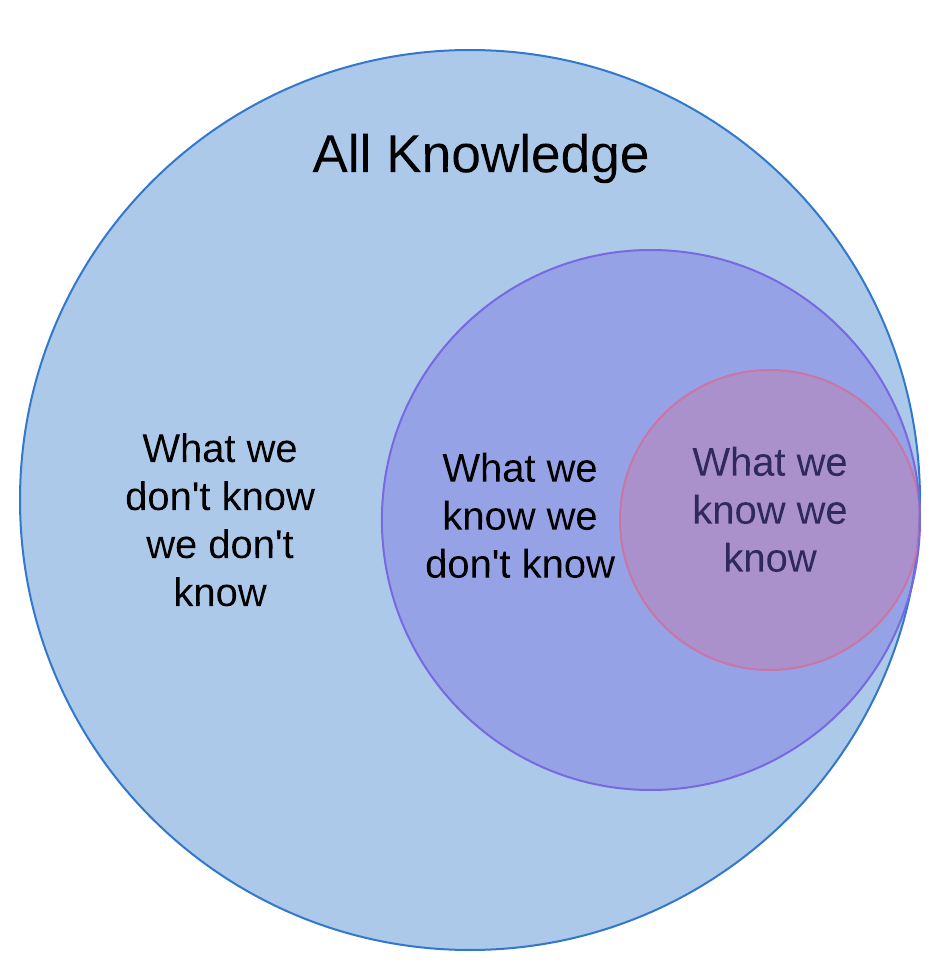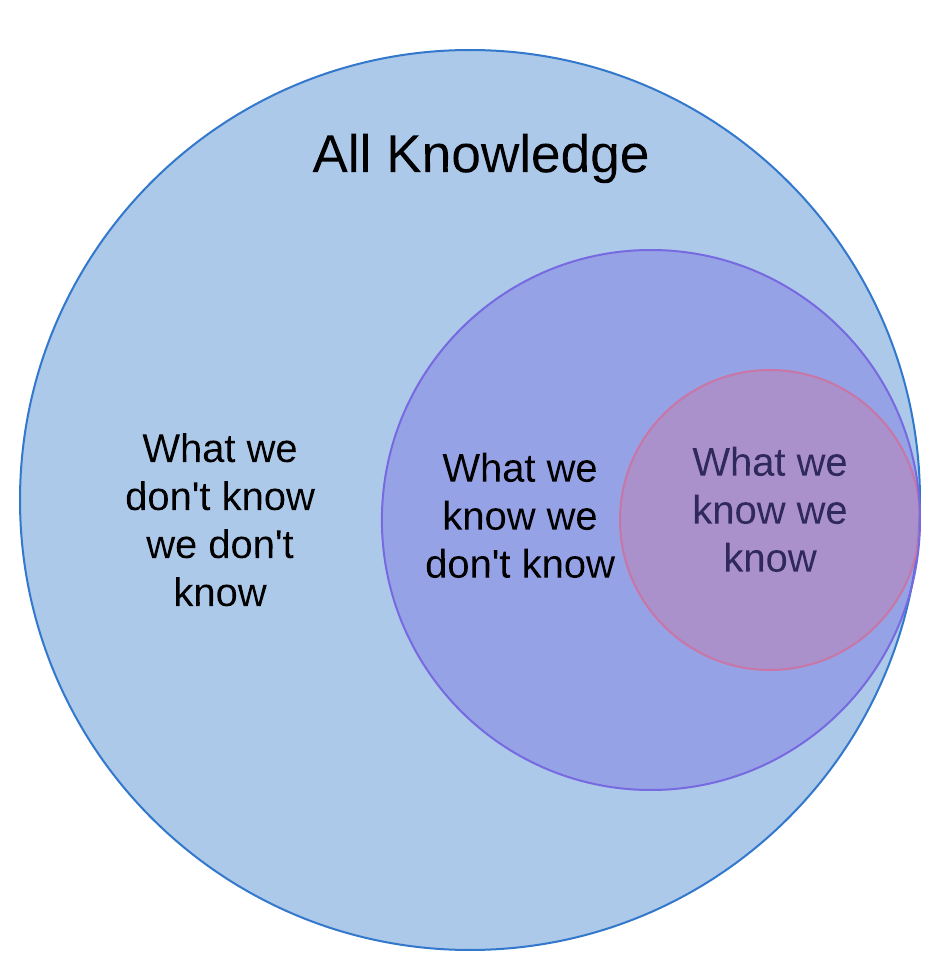Coaching


What do all Olympic Athletes have in common? They all have coaches. They are all very high performers, yet they still need coaches. I think a lot of us think that we are really good at what we do and we bristle and resist when someone mentions coaching. It’s an ego thing. We think that having a coach implies that we are somehow less capable. I think we can learn something about our mindset and how we approach coaching from Olympic athletes. They are obviously very good at what they do, yet they all get help from coaches. They don’t feel embarassed or get threatened. So why do they hire coaches?
Blindspots

We all have blindspots. If we think about all the knowledge in the world (everything that it is possible to know), any single individual only knows a tiny fraction. There are also things that we know we don’t know, like neuroscience. We know it exists, but we don’t know any of the details. What really get’s us into trouble are the things that exist in the real world, but that we don’t even know that we don’t know about them. We bump into these things, and they cause us problems and hold us back, because we simply can’t see what we are doing wrong.
Blindspots are especially prevalent when we are in the middle of an action. Take a pole vaulter. When they are in the middle of pole vaulting, they’ve got a lot of things going on. They’ve got too many variables to keep track of. They’re trying to keep track of their approach speed and angle and body position. They might be unaware that their grip is not quite right. That is a blind spot. That is where a coach comes in. They can see the things that the athlete can’t because the athlete is just too close. Once the coach points it out, they make a small adjustment and suddenly their performance improves, because now they are aware. The blindspot has been removed.
Outside Eyes
Many of us are of the opinion that in order for us to benefit from a coach they must be a better performer or know more than us, but that is not always true. If you think about it Usain Bolt is the fastest person in the world, yet he has a coach. His coach can’t be faster than him or Usain wouldn’t be the fastest person in the world. Somehow his coach is still able to provide value. How?
The thing that makes a coach effective is not their knowledge or their ability to perform although these certainly help. The key is the coach’s ability to recognize blindspots and help the coachee to experience them. The key to being able to do that is seeing things from the outside with a fresh set of eyes. Anyone who can look in from the outside and has some basic knowledge can be an effective coach.
Pair Programming and Code Reviews

In the software world, a common way to get outside eyes is through pair programming or code reviews. Having someone else look at your code is a good way to spot bugs that you may have missed. However when that someone else is a coworker, sometimes they are too close. Because they are a part of the organizational culture they are less likely to spot problems with your common architectures, processes, and tools.
Individualized Coaching
That’s where hiring a coach comes in. An outside coach can see the whole picture. They can point out potential blindspots in your processes and procedures. They can also see issues in how your team interacts and communicates with each other, customers, and management. This can help prevent problems before they occur.
LabVIEW Mastermind
Hiring a coach can be expensive, so have a lower-cost option. We have been developing a LabVIEW Mastermind Group. We get a bunch of LabVIEW Developers and Architects together twice a month to discuss various software engineering topics. Everyone shares their experience and perspective and any issues they are facing. Often just hearing everyone’s diverse experience is enough to illuminate someone’s blind spots. It’s not quite as effective as hiring a coach. A coach can see the whole picture, whereas in the Mastermind we only see what you bring in to share, but most of the participants have seen massive breakthroughs by discovering some of their blindspots.